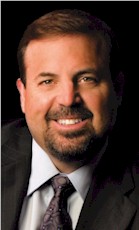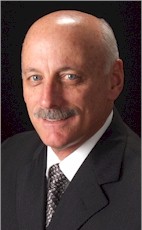Hospitality has a glamour or cachet unlike any other form of real estate, even high-end retail. Partnered with communities and appealing to demanding and sophisticated guests, each hotel property has the dynamics of a small city. Thus, investing in, owning and managing a hotel property can be an exhilarating journey. The key to success is to enjoy the experience, while paying careful attention to choices and decisions that must be made along the entire chain of investment and management. The result can be strong daily operations and competitive posture, in addition to enhanced asset value and return on investment. In this article, we will review in list format some of the key investment and management strategies that go into maximizing the value of a hotel property. In doing so, we will consider the areas of investment and financing, business operations, and management and the competitive environment. Clearly, the factors discussed are not meant to be all-inclusive, but, rather, will focus on common threads we find running through hotel investment, management and valuation.
READ MORE




















